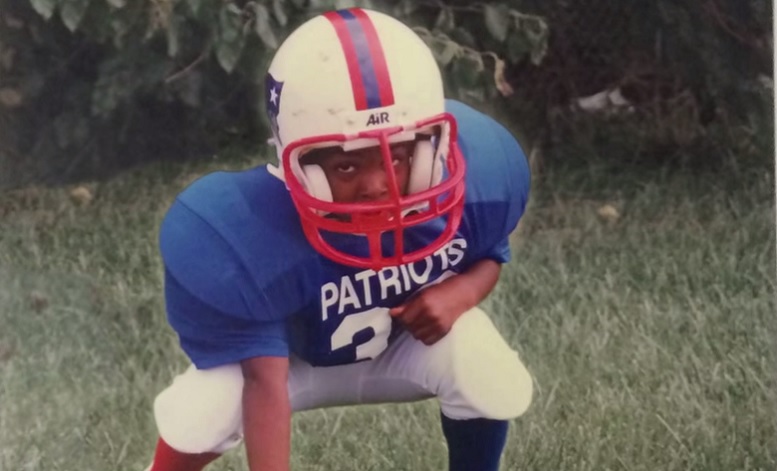There are many who believe that the long-term future of professional football is in jeopardy. It certainly is not on the basis of financial viability, as the NFL is more popular than it has ever been under Roger Goodell and the popularization of fantasy sports.
Rather, there are those—albeit decidedly a minority—who legitimately wonder if we might one day determine that the way the game is played is too barbaric to be condoned. The medical research to that end is only increasingly coming in the favor of supporting the notion that long-term health concerns from an extended career are virtually unavoidable.
I don’t know if or when we will ever reach such a future in which society has deemed professional football to be too violent and harmful to be acceptable—but if we do, it will likely be the result of gradual, generational change. And there is an interestingly gradual generational shift among player-parents today, and their views on the prospects of their own children playing football.
While a small smattering of athletes from a variety of sports and degrees of notoriety have actually come out and said that they would not let their children play football, that is still far from the prevailing opinion. But an emerging theme in recent years appears to be the sub-set of parents who would only permit their children to play football as they get older, perhaps in middle school, or even high school.
There was an interesting article on the subject posted recently on ESPN written by Jim Trotter, who interviewed a handful of players about their views on their own children playing the game that has provided financial stability for their families.
Among those players approached was Wesley Woodyard, currently of the Titans, who said that he has long wrestled with the question of whether or not he would let his son—currently two years old—play football, citing health concerns, especially following the league’s recent acknowledgement of a link between the sport and chronic traumatic encephalopathy (CTE).
While he ultimately seems decided that it will be up to his son if he wants to play, he threw in the caveat that he is “definitely going to make sure he doesn’t play until he’s, maybe, 12 years old”, adding that it is the cumulative damage that you do to your body over a period of years that adds up. Early adolescence could be a particularly vulnerable time, although there is little study in that area.
There was a similar theme echoing throughout the words of each player that he interviewed, and it made me wonder what certainly Pittsburgh Steelers might have to say on the subject, many of whom have been open in sharing their children’s lives with their fans.
I have no doubt that the majority of fans of the game—and perhaps especially so among Steelers fans—already believe that football is scrutinized enough simply by the league’s continuous tweaking of the rules in the name of player safety, but I do believe that the discussion of football’s long-term place in our culture, particularly in light of medical research, it one that is worth having, particularly as the next generation of potential football players emerges.








